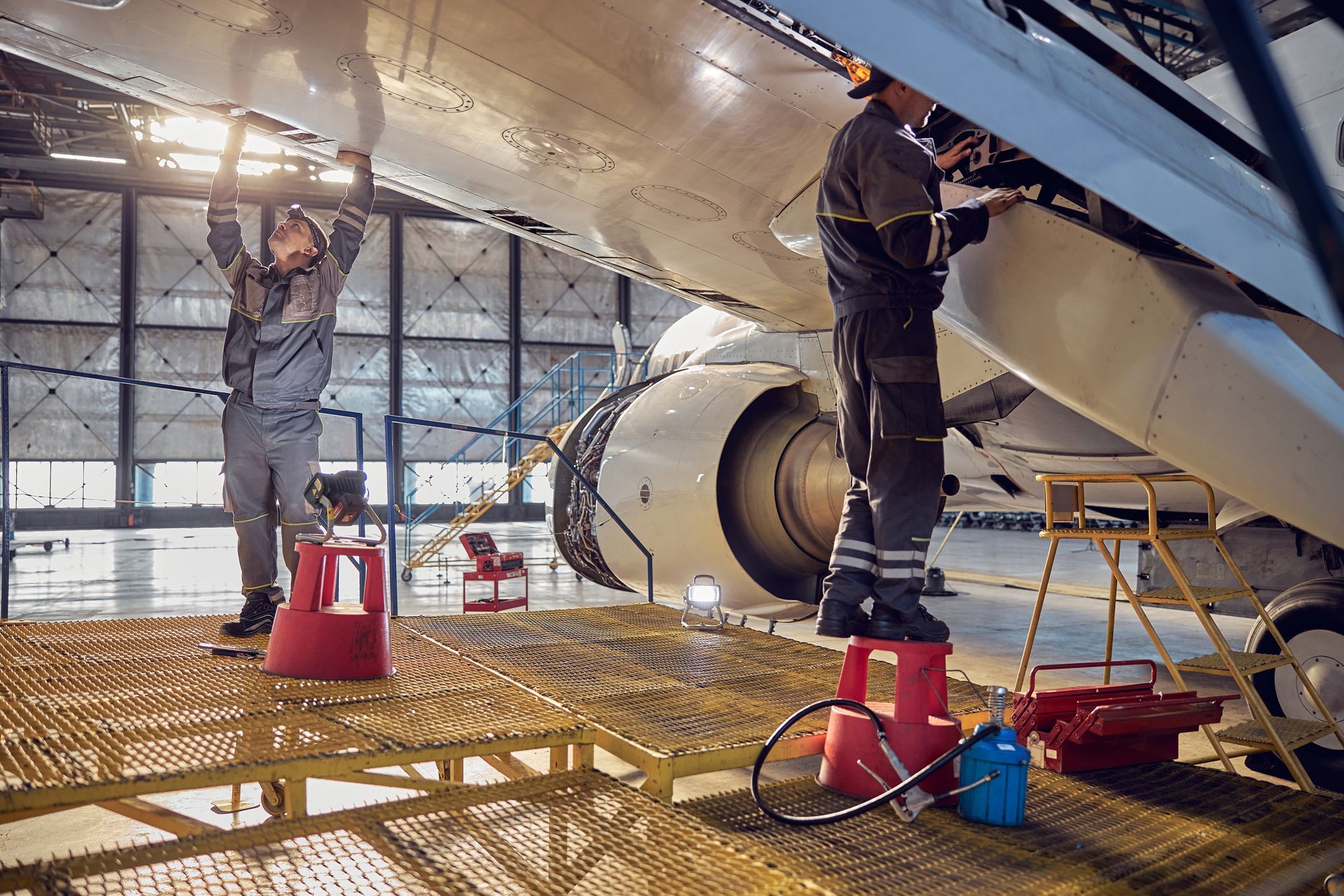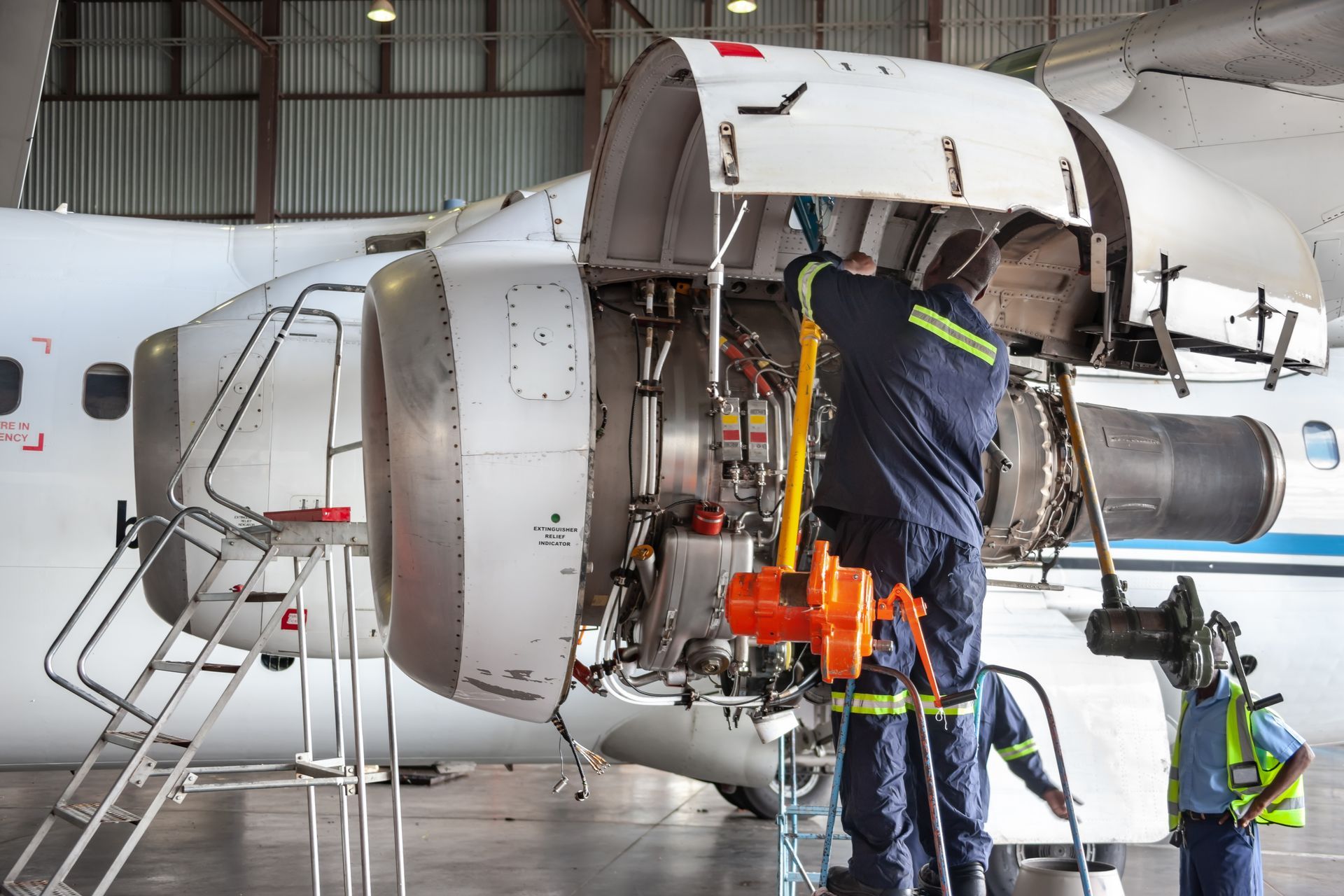By Emily Squance
•
September 11, 2025
In secure, highly regulated industries, candidate experience often gets overlooked in favour of compliance, clearances, or process. That’s a mistake. The hiring experience you provide is directly linked to the quality of candidate you attract and retain. With skilled professionals in these sectors in increasingly short supply, your interview process is not just a formality, it's part of your reputation. Nearly 60% of professionals have experienced a poor recruitment process, with almost half turning down offers as a result. In industries where trust, clarity, and professionalism are expected from day one, that number is simply too high. At Meritus, we specialise in placing technical, security-cleared professionals across the aerospace, defence, and space sectors. We know that in this market, the details matter. Poorly managed processes cost credibility. Delays cost hires. In this blog, we will show you how to deliver a positive, professional candidate experience that reflects your business standards and helps you stand out in a competitive, high-spec talent market. We will cover four key stages in your recruitment process: Rework job descriptions Create a respectful interview experience Make it easy to apply Follow up promptly 1. Rework Job Descriptions Your job description is more than an HR document. In defence and aerospace, it acts as a signal. It tells candidates whether your business is serious, structured, and clear in its expectations. Go beyond task lists. Describe the project, the wider mission, and what this hire is expected to achieve. Include technical scope, required certifications, clearance level, and the purpose of the role within your organisation. Be transparent about salary bands and benefits. Many candidates turn down offers due to misalignment around compensation. Avoid wasting time by setting expectations early. Accuracy is critical. Misleading job descriptions, whether intentionally or not, risk reputational damage within small, close-knit candidate networks. Be precise, realistic, and internally aligned before going to market. 2. Create a Respectful Interview Experience 42% of candidates withdraw after a poor interview experience. In security-focused industries, the bar is higher. Professionalism, clarity, and structure are non-negotiable. Interviews should run to time. Avoid long delays between stages or unnecessary interview rounds. Be clear about how much time will be required, especially if candidates are currently engaged on secure projects and need to take leave or travel. Provide interview details in advance. Share names, roles, and locations. If assessments or presentations are required, give candidates a clear brief, timeline, and point of contact. If an interview is on site, ensure they are aware of access requirements and documentation needed for entry. These steps reduce friction and show the candidate that your internal operations are reliable. That goes a long way in this sector. 3. Make It Easy to Apply A clunky application process is a red flag to technical candidates. They will not waste time with systems that are not user-friendly, especially when they have multiple opportunities available elsewhere. Keep your careers page visible, simple, and functional. Allow CV or LinkedIn uploads. Do not force candidates to register an account or input the same information repeatedly. Your application process should be mobile-friendly. It should also allow for secure uploads of CVs, portfolios, or security documentation if required. Be mindful of file size limits. Many engineers and technical professionals will have large, detailed work samples or documentation to submit. Once submitted, confirm receipt with a personalised email. This shows attention to detail and prevents any doubt about whether their application was received properly. 4. Follow Up Promptly In fast-moving hiring environments, silence can cost you the hire. Insecure or unclear communication leads to drop-offs. That risk is amplified in sectors where professionals are often working on fixed contracts or are bound by complex notice periods. Respond to applications within 48 hours where possible. Even if the process takes time, acknowledging interest shows professionalism. Always personalise responses, especially for rejections. These individuals may be suitable for future roles or may have colleagues in their network who are. During interviews, acknowledge any follow-up emails or thank-you notes. It takes minimal effort to respond, but the impact on your brand perception is significant. Candidates who feel respected during the process are far more likely to accept an offer and to speak positively about your organisation in future. How We Can Help At Meritus, we support organisations across aerospace, defence, and space to hire with precision and professionalism. We ensure your processes reflect your standards, your brand, and your ambitions. From role scoping and brief reviews to candidate journey audits, we help our clients secure the technical talent they need without losing credibility along the way. Speak to the Aerospace, Defence, and Space recruitment specialists at Meritus. Call: +44(0) 2922 806 922 Email: info@meritustalent.com












